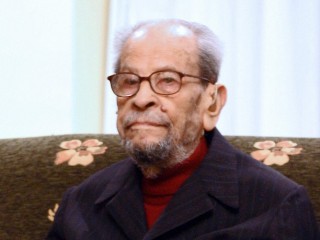
The Paris Review Interview With Naguib Mahfouz."Naguib Mahfouz's Egypt: Existential Themes in His Writings". ↑, "Naguib Mahfouz" Archived at the Wayback Machine retrieved.At the time of his death, he was the only Arabic-language writer to have won the Nobel Prize for Literature. He defended Salman Rushdie after the Iranian leader [ Khomeini condemned him to death, but later he criticized Rushdie's Satanic Verses as "insulting" to Islam.īefore his death, Mahfouz was the oldest living Nobel Literature laureate and the third oldest of all time, only Bertrand Russell and Halldor Laxness were older.

Like many Egyptian writers and intellectuals, Mahfouz was on a "born list" by muslim fundamentalists. "You could say," he later noted, "that the one thing which most shook the security of my childhood was the 1919 revolution."īefore the Nobel Prize only a few of his novels had appeared in the West.īecause of his outspoken support for Anwar el Sadat's treaty with Israel, his books were banned in many Arab countries until after he won the Nobel prize. From the window he often saw English soldiers firing at the demonstrators, men and women. The Egyptian of 1919 had a strong effect on Mahfouz, although he was at the time only seven years old. His mother often took him to museums and Egyptian history later became a major theme in many of his books. In his childhood Mahfouz read extensively. Naguib Mahfouz was born in the Gamaliya quarter and was named after Professor Naguib basha Mahfouz (1882-1974), the renowned Coptic physician who delivered him.


 0 kommentar(er)
0 kommentar(er)
